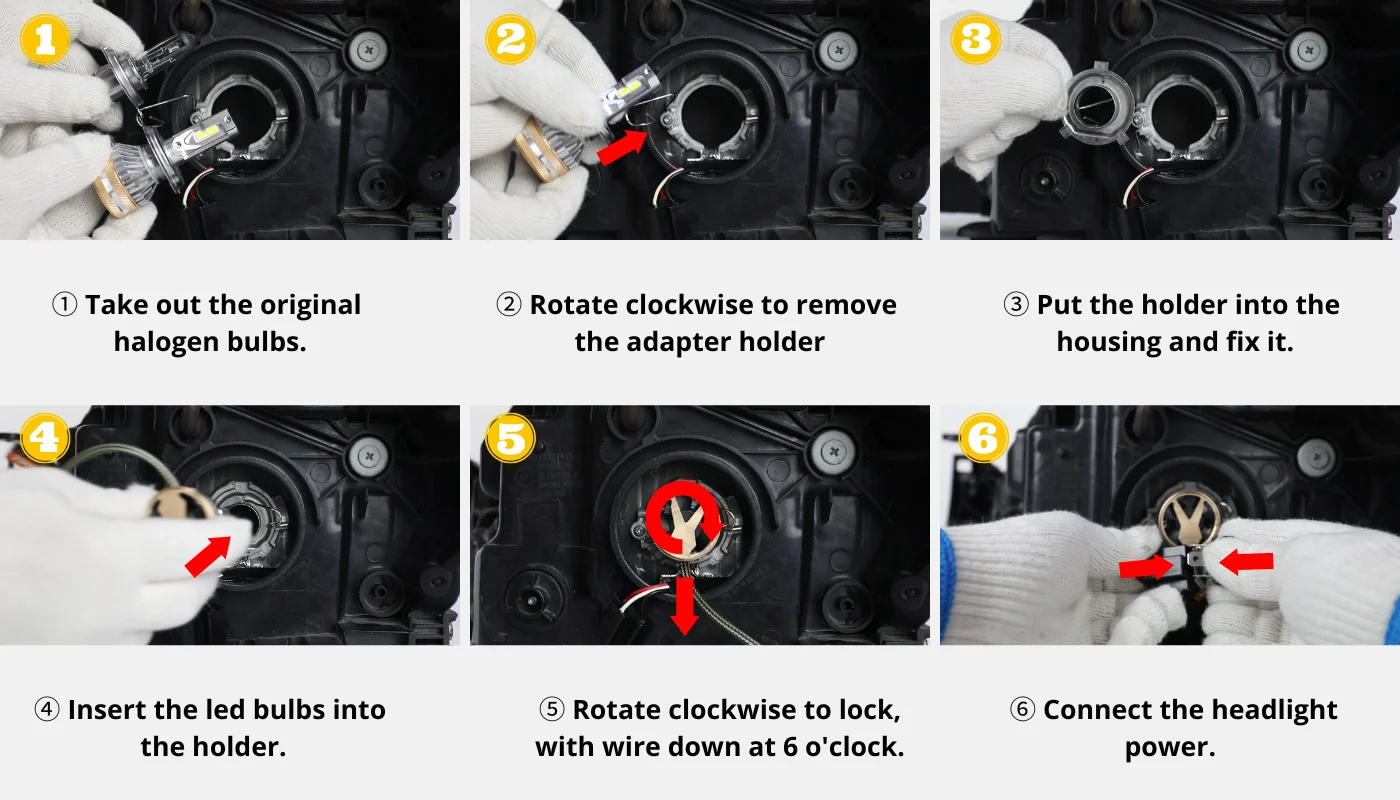What You Need to Know About Auto Financing
When it comes to auto financing, there are many options available to you. You can apply for a car loan online or visit your local branch. You should compare rates and terms and make sure that you get the best deal possible. You may also qualify for additional discounts if you have an account with the lender. Whether you’re purchasing a new car or a used one, auto financing can make your dream of owning a car a reality.
The first step in auto financing is to get pre-approved. This will help you shop smarter, because you will know what you can afford. It will also give you leverage when it comes to negotiations with dealers. In addition, pre-approval loans protect you from unscrupulous dealers. You may also be able to take advantage of dealer-specific financing if you’re pre-approved.
Another step in the financing process is calculating the interest rate on your auto loan. Rates fluctuate depending on your credit score, loan to value ratio, and lender’s appetite for risk. While rates tend to be lower in the beginning, they are slowly climbing back up to more normal levels. Different lenders offer different interest rates, and you should shop around before you choose one.
Many dealerships offer financing options to those with bad credit. These financing options are available from national banks, regional banks, and independent automakers. Some are even affiliated with franchised new car dealerships. However, be aware that auto dealerships are not lenders themselves, but are rather agents for third-party lenders. This means they are compensated for placing your loan.
Aside from bank financing, auto manufacturers are also offering incentives on their financing programs. These offers are often limited and may not be competitive with other lenders. Some of these financing offers are no-interest car loans, which mean you will not pay a single penny of interest during the entire life of the loan. Look for these deals on our new car deals and used car deals pages.
Your debt-to-income ratio is an important factor for auto financing. If you have a high ratio, you may need to pay a higher interest rate, pay a higher down payment, or take a shorter loan. You may even be turned down altogether if your debt-to-income ratio is too high. Lenders will also take into account the quality of your collateral. In this case, your vehicle will be your collateral.
While most banks don’t want to repossess your vehicle, they are often willing to restructure your loan to lower your payments. You can also choose to sell the car to someone else. However, be sure to check the paperwork before selling it. You should also consider getting pre-approval for payment plans, so you don’t end up with a credit score disaster.
When it comes to car loans, you should always try to get the shortest loan term possible. A longer term will give you a lower monthly payment but will result in a higher overall cost.












